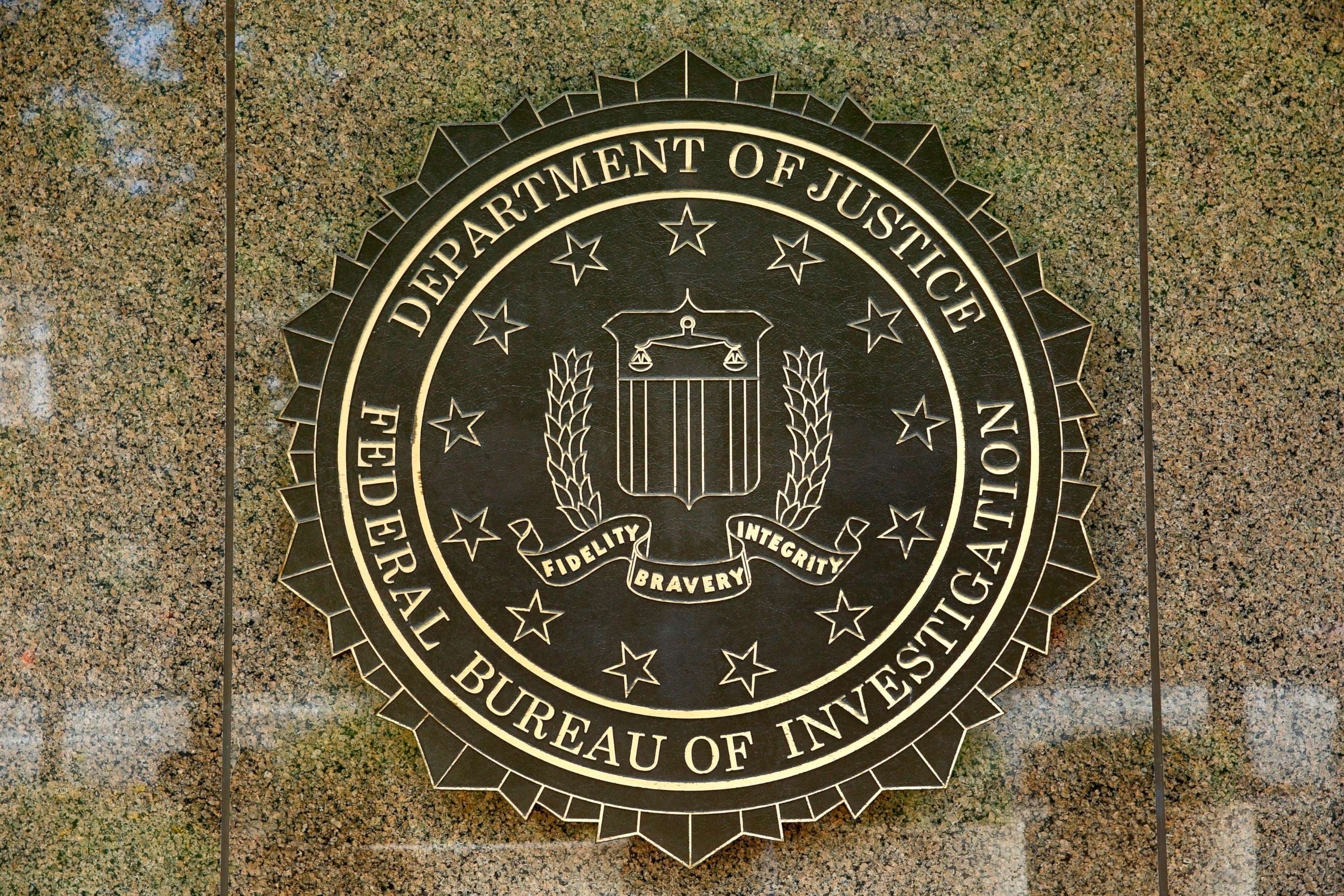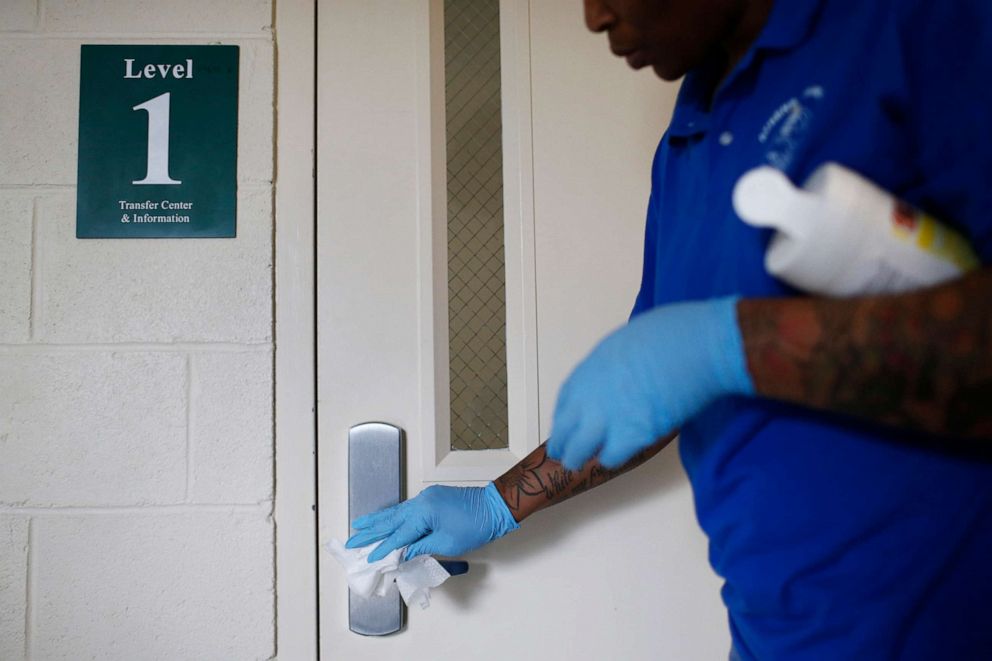Early in coronavirus pandemic, officials say minimal disruption in national security measures
Officials in the U.S. intelligence community are used to hunkering down in bunkers and windowless vaults during times of international crisis, but the novel coronavirus threatens a workforce that can't keep the respiratory bug completely out of their secret workspaces.
But the plodding work of protecting America from human adversaries marches on regardless, they say.
Tune into ABC News Live at noon EDT every weekday for the latest news, context and analysis on the novel coronavirus, with the full ABC News team where we will try to answer your questions about the virus.
"We're doing what we normally would do if there was a snowstorm," one senior intelligence official told ABC News on Sunday.
The official spoke from home but planned to return to the office come Monday morning.

So far officials tell ABC News that only one FBI employee is known to have tested positive and none have at CIA, where a single suspected case reported recently ended up testing negative for the virus currently upending workplaces and the end of the school year for millions of American workers and their families.
Despite many staggered and adjusted work schedules and unnecessary travel canceled, ranging from FBI field offices in the U.S. to CIA headquarters and the offices of 15 other agencies comprising the U.S. intelligence community, top officials say global intelligence, counterterrorism and counter-intelligence operations have continued mostly uninterrupted in recent weeks.
"We've seen people cleared to go do stuff overseas that needs to be done because it's time-sensitive. I have not heard of any major op being delayed," the senior intelligence official said.
A counterterrorism official serving overseas echoed that, saying non-essential travel had been ordered stopped at some secret U.S. facilities, but added, "We are locked down. Zero drama."
But the officials also offered an important caveat about whether critical operations to protect the nation from its adversaries will remain uninterrupted: America is only a few weeks into the COVID-19 crisis and no one knows what its impact will be from a contagion which President Donald Trump warned on Monday may haunt the country until the end of the summer.
The CIA has stations in China, Spain, France, South Korea and Italy -- all the countries hardest hit so far.
And some officials expressed concern to ABC News that traditional adversaries, be it terrorist groups such as the Islamic State or state actors, including China or Russia, could strike at the West during this time of heightened anxiety even though stores and restaurants and streets have emptied in affected U.S. towns and cities.
Many intelligence officers in the Washington area have had to adjust their work schedules because schools in the area closed starting Monday and their kids are home, the officials said. Intelligence analysts handling highly classified matters have had to adjust their work schedules to accommodate precautions being taken nationwide to mitigate the spread of the virus.
"People are taking prudent measures. Because of the nature of the work, telecommuting is all but impossible," said another senior intelligence official.
"But there has been a shifting of work schedules because their kids are home. Folks are working different hours. Maximum flexibility is being offered," the official said.

And section chiefs are making room for crews to scrub down offices critical to national security. One senior official at the Department of Homeland Security working late said they were cleaning off their desk at the office "so the cleaners can easily access it."
But overseas, where many American intelligence agencies operate against adversaries, it may be more challenging to prevent coronavirus from impacting the work of FBI agents, CIA officers and their assets, said Darrell Blocker, an ABC News contributor and a retired CIA official who helped formulate the intelligence community's response to an Ebola outbreak when he was the Agency's Africa Division chief in 2015.
"Travel, operations and every aspect of HUMINT (human intelligence collection) will be negatively impacted," Blocker predicted.
The FBI has weighed in publicly on the potential of coronavirus-caused disruptions.
"FBI operations are directed toward national security and violations of federal law and will continue unabated," an FBI spokesperson said in a statement last week. "In support of our mission, we are enacting measures to protect the FBI workforce, including heightened hygiene practices, social distancing options, like telework and flexible work schedules where appropriate and authorizing only essential operational travel until further notice. The FBI will continue steadfast in our mission to protect the American people and uphold the Constitution throughout this period of national emergency."
What to know about Coronavirus:
- How it started and how to protect yourself: Coronavirus explained
- What to do if you have symptoms: Coronavirus symptoms
- Tracking the spread in the US and Worldwide: Coronavirus map





